
How to Apply for FCC SDoC and FCC ID Certification?
What is FCC Certification?
FCC Certification, short for Federal Communications Commission Certification, is a crucial means of regulating electromagnetic compatibility for radio and communication products in the United States. Its purpose is to ensure that products do not interfere with radio and telecommunications networks while safeguarding consumer safety and health.
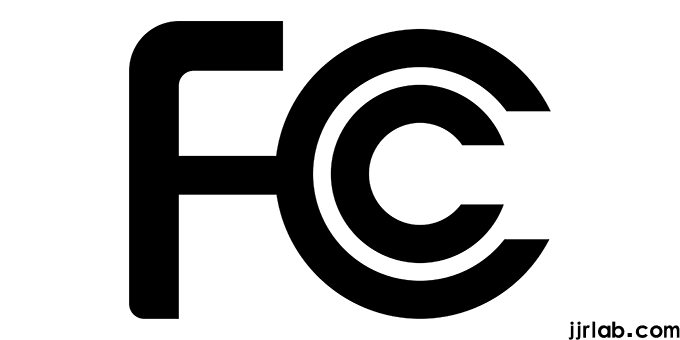
What are the types of FCC Certifications?
FCC Certification primarily involves two types: fcc sdoc and fcc id. FCC SDoC certification applies to general electronic products without wireless transmission functions, such as TVs, stereos, etc. FCC ID certification is specifically for wireless communication devices like mobile phones, tablets, Bluetooth devices, drones, etc.
What are the fcc testing procedures?
During FCC Certification, products must meet electromagnetic compatibility standards, including emission and immunity aspects. Emission testing ensures that products' electromagnetic radiation does not interfere with other radio devices, while immunity testing evaluates products' ability to withstand external electromagnetic interference and operate normally in complex environments.
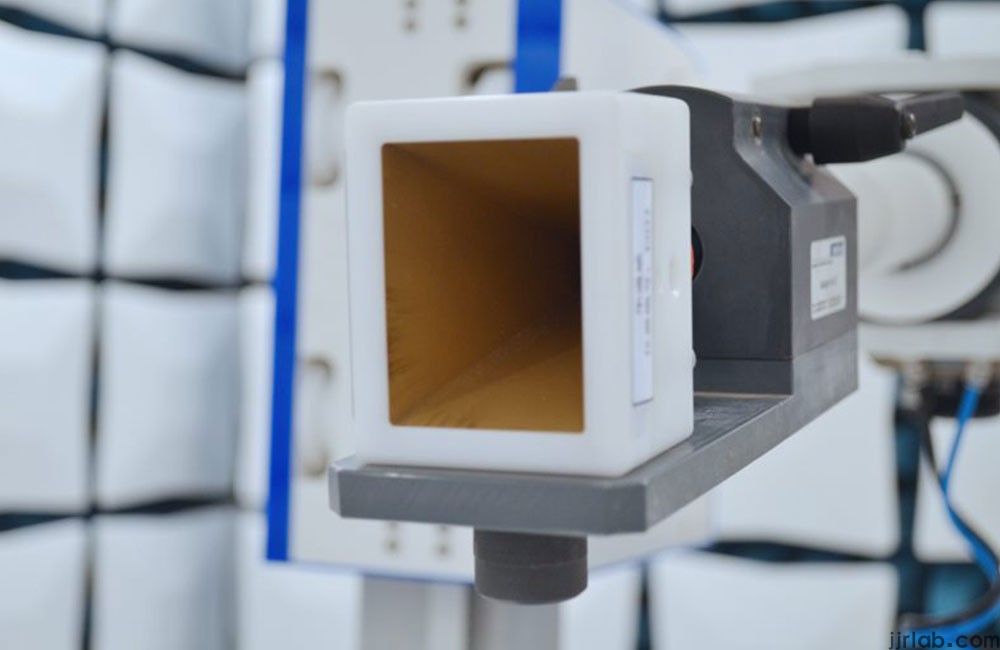
1. Conducted Emissions Testing:
Conducted emissions testing is one of the fundamental tests in FCC Certification, primarily assessing electromagnetic interference generated during conducted processes. It evaluates whether these interferences comply with FCC standards by simulating potential electromagnetic interferences in real-world usage scenarios.
2. Radiated Emissions Testing:
Radiated emissions testing is another crucial aspect of FCC Certification, primarily evaluating products' performance concerning electromagnetic radiation. It scans products within a certain range to detect whether they produce electromagnetic radiation exceeding FCC limits.
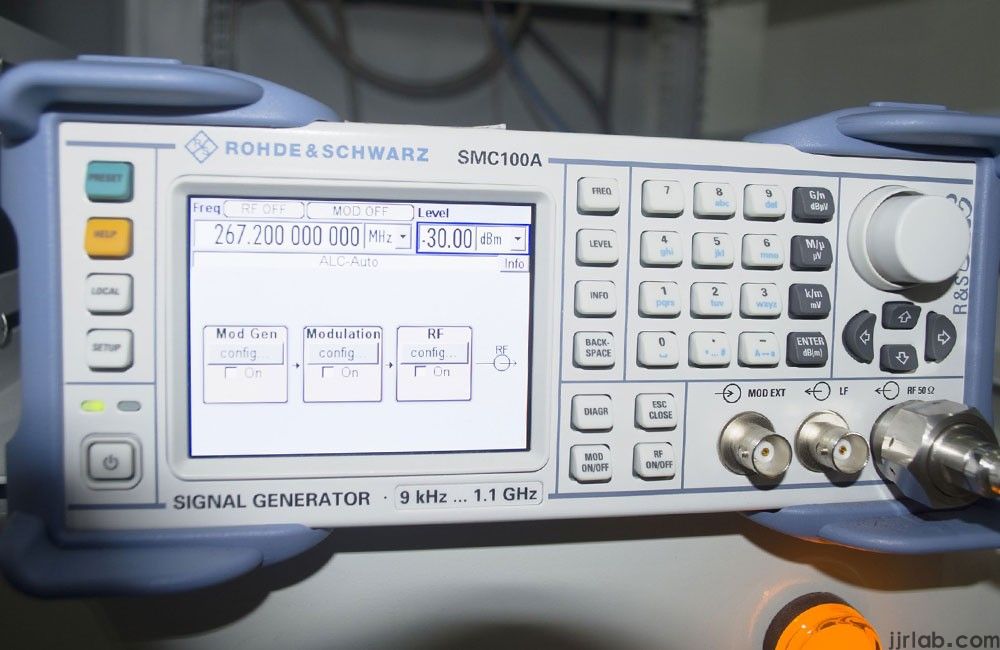
3. Harmonic Testing:
Harmonic testing evaluates the ability of electronic devices to produce harmonic currents. Harmonic currents are unwanted sources of electromagnetic interference that can negatively affect power grids and other devices. Therefore, in FCC Certification, products' harmonic currents must be tested.
4. Electrostatic Discharge Testing:
Electrostatic discharge testing evaluates product performance under static electricity. Static electricity is a common phenomenon in daily life, and without proper protection measures, electronic products may experience malfunctions or performance degradation due to static electricity. Hence, electrostatic discharge testing is an essential part of FCC Certification.
5. Radio Frequency Immunity Testing:
Radio frequency immunity testing assesses product performance under radio frequency interference. This interference may come from sources like wireless communication devices, radar, etc. Radio frequency immunity testing evaluates whether products can operate normally by simulating interference scenarios in real-world environments.
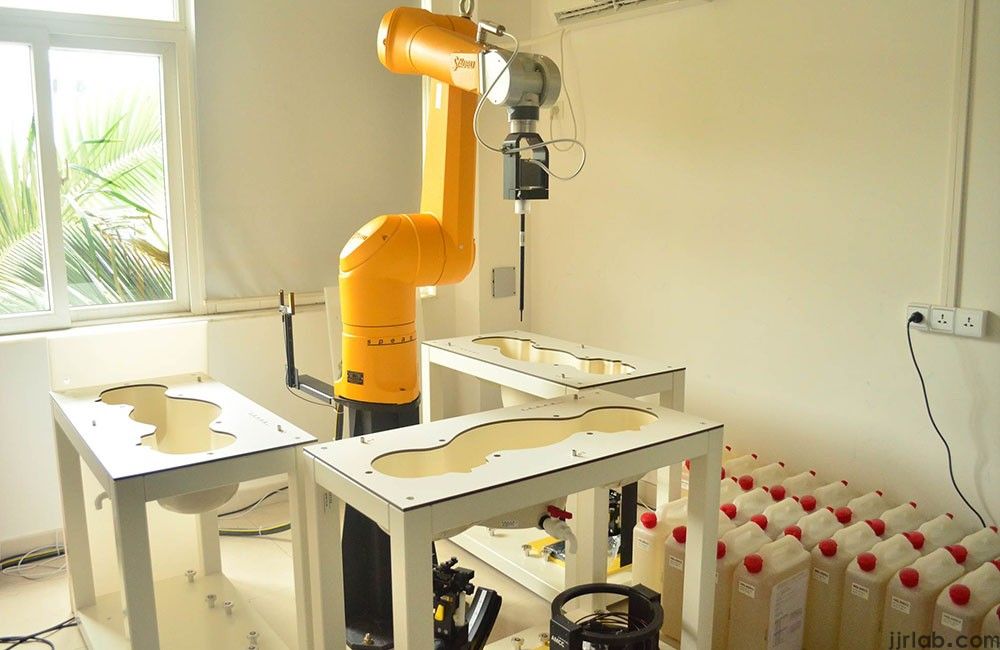
How much does FCC EMC testing cost?
fcc part 15 Certification Cost:
The overall pricing depends on the category of the product, whether it falls under fcc part 15b or Part 15C/E. For instance, if the product is a very basic electronic product without radio frequency functionality, applying for FCC Part 15B certification costs around $900 per sample and takes 1 to 2 weeks.
We are an FCC-authorized laboratory based in China, offering FCC testing and certification services at a 30% lower cost than foreign laboratories. Feel free to inquire: chen18814186731@gmail.com.
What documentation is required for applying for FCC ID certification for wireless products?
1. FRN (FCC Registration Number)
2. Grantee Code (GC Authorization Code)
3. FCC ID Number (Product ID Number)
4. FCC label
5. Product description
6. Circuit schematic diagram
7. Circuit diagram
8. Product manual or user guide
9. Company blank letterhead
10. Authorization letter
11. Confidentiality letter (if required)
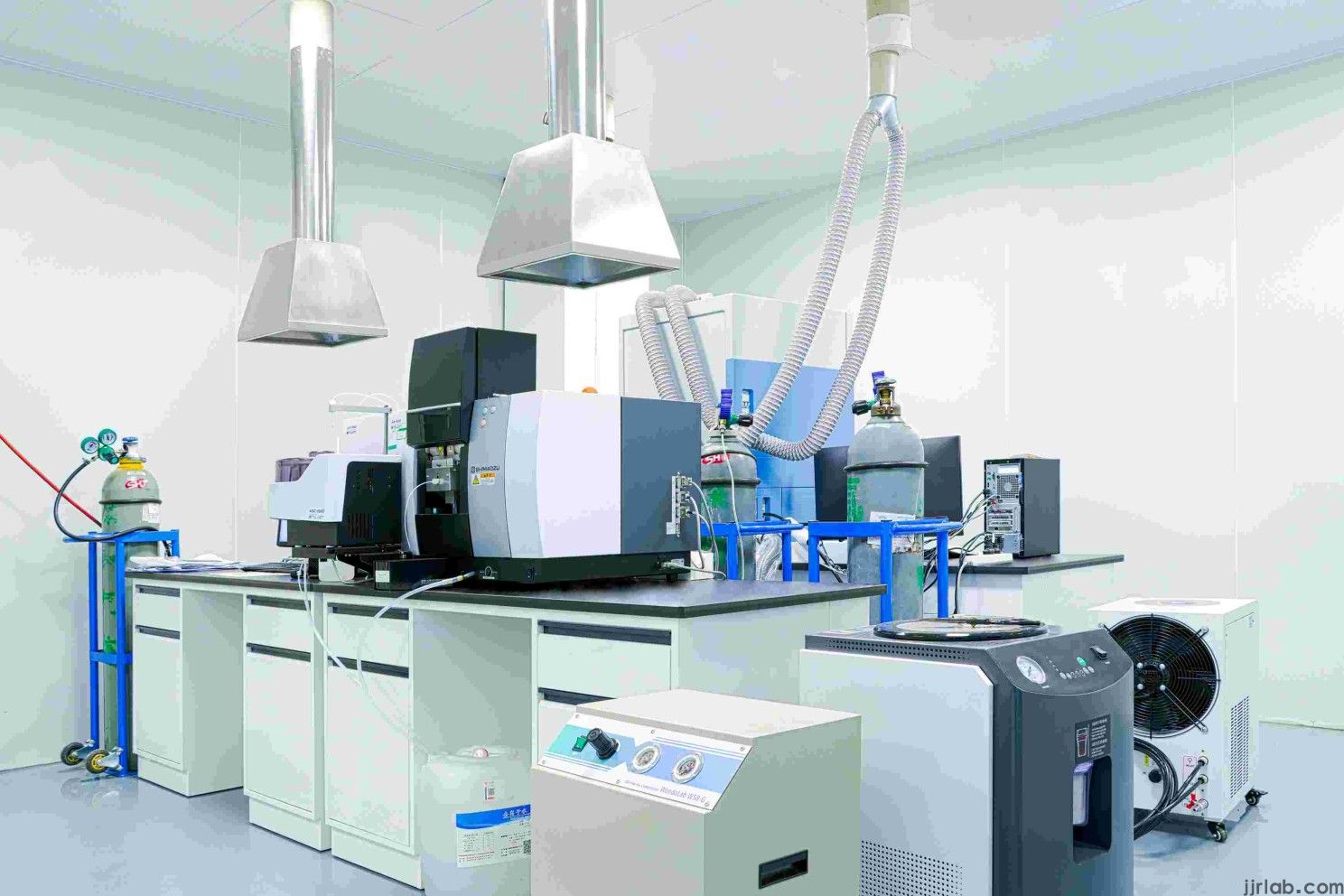
U.S. FCC Certification Application Process:
1. Provide documentation and quotation.
2. Sign the contract, provide documentation, send samples, and make payment.
3. Wireless products need to apply for an FRN. If the applicant is applying for FCC ID for the first time, they need to apply for a Grantee Code.
4. Our laboratory conducts tests. If the product fails, adjustments are made.
5. Upon passing, the case is closed, and FCC certificate and test reports are issued. Enterprises can use the FCC ID logo on their products.
Basic Information on U.S. FCC Certification:
1. FCC certificates are valid long-term.
2. FCC certification is mandatory.
3. For wireless products, the first application requires obtaining a GC Code.
4. Applying for FCC SDoC and FCC ID certification requires a U.S. Authorized Representative (US Agent).
In conclusion, FCC Certification is an essential means of regulating electromagnetic compatibility for radio and communication products in the United States, crucial for ensuring consumer safety and health. For enterprises, obtaining FCC Certification signifies enhanced competitiveness in the market. Therefore, understanding and complying with FCC Certification standards are necessary for businesses intending to enter the U.S. market.
Email:hello@jjrlab.com
Write your message here and send it to us
 When Can FCC ID Modifications Be Filed?
When Can FCC ID Modifications Be Filed?
 LoRa Certification Testing Laboratory
LoRa Certification Testing Laboratory
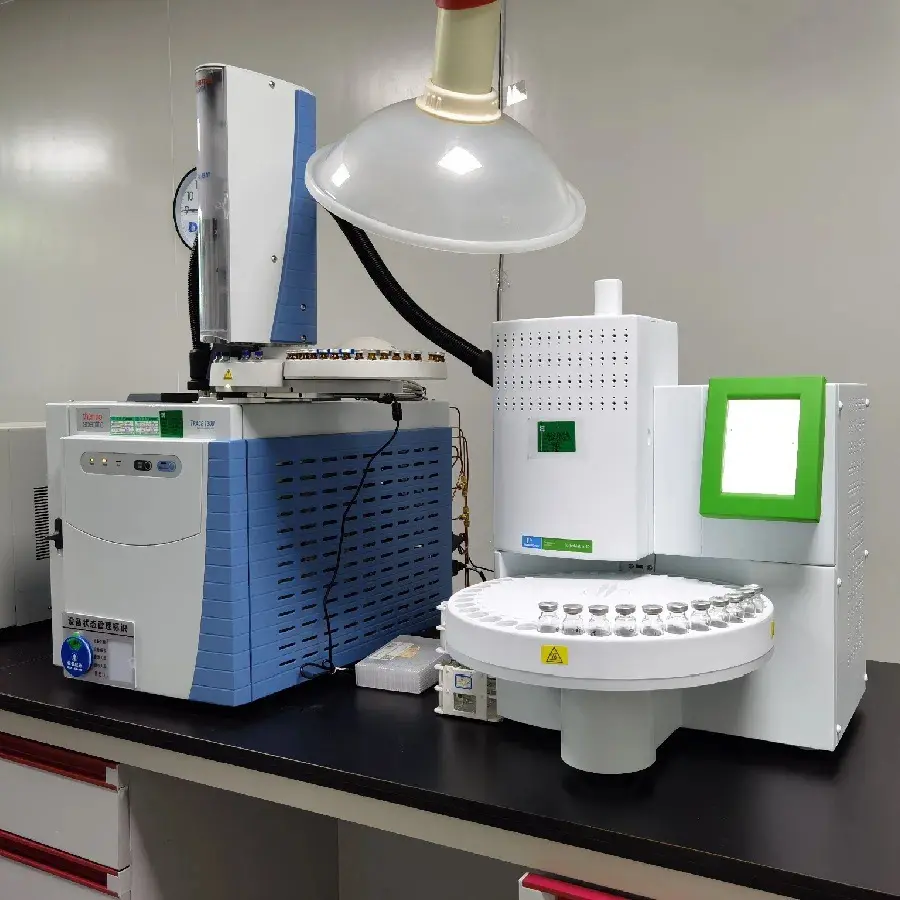 Blood Pressure Monitor Certification Testing Servi
Blood Pressure Monitor Certification Testing Servi
 ECG Device Certification Testing
ECG Device Certification Testing
 Pulse Oximeter Certification and Testing Standards
Pulse Oximeter Certification and Testing Standards
 IVD Medical Device GB 4793:2024 Test Report
IVD Medical Device GB 4793:2024 Test Report
 IECEE CBTL Testing Laboratory for IVD Medical Devi
IECEE CBTL Testing Laboratory for IVD Medical Devi
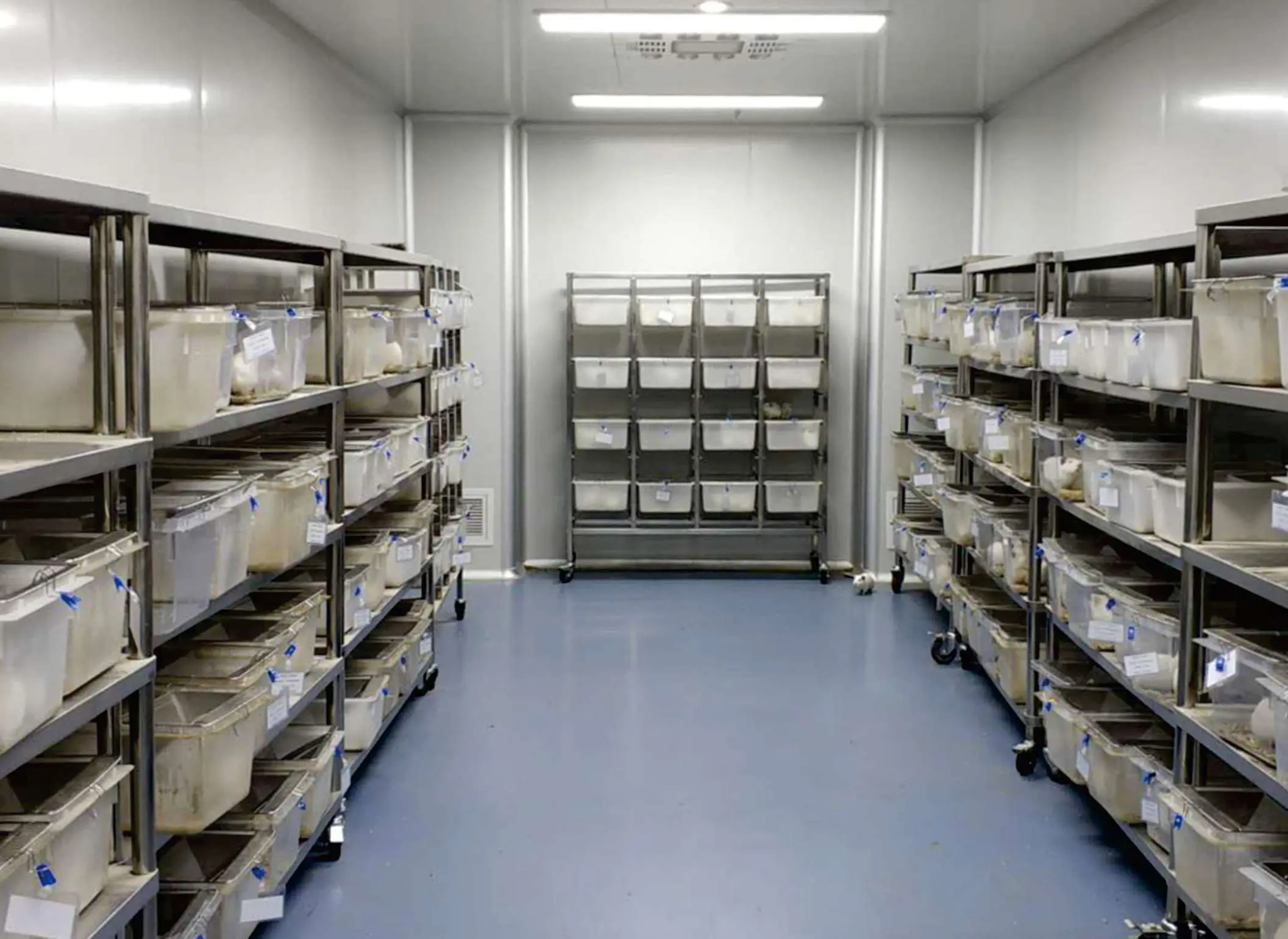 China OECD GLP-Certified Laboratory
China OECD GLP-Certified Laboratory
Leave us a message
24-hour online customer service at any time to respond, so that you worry!




